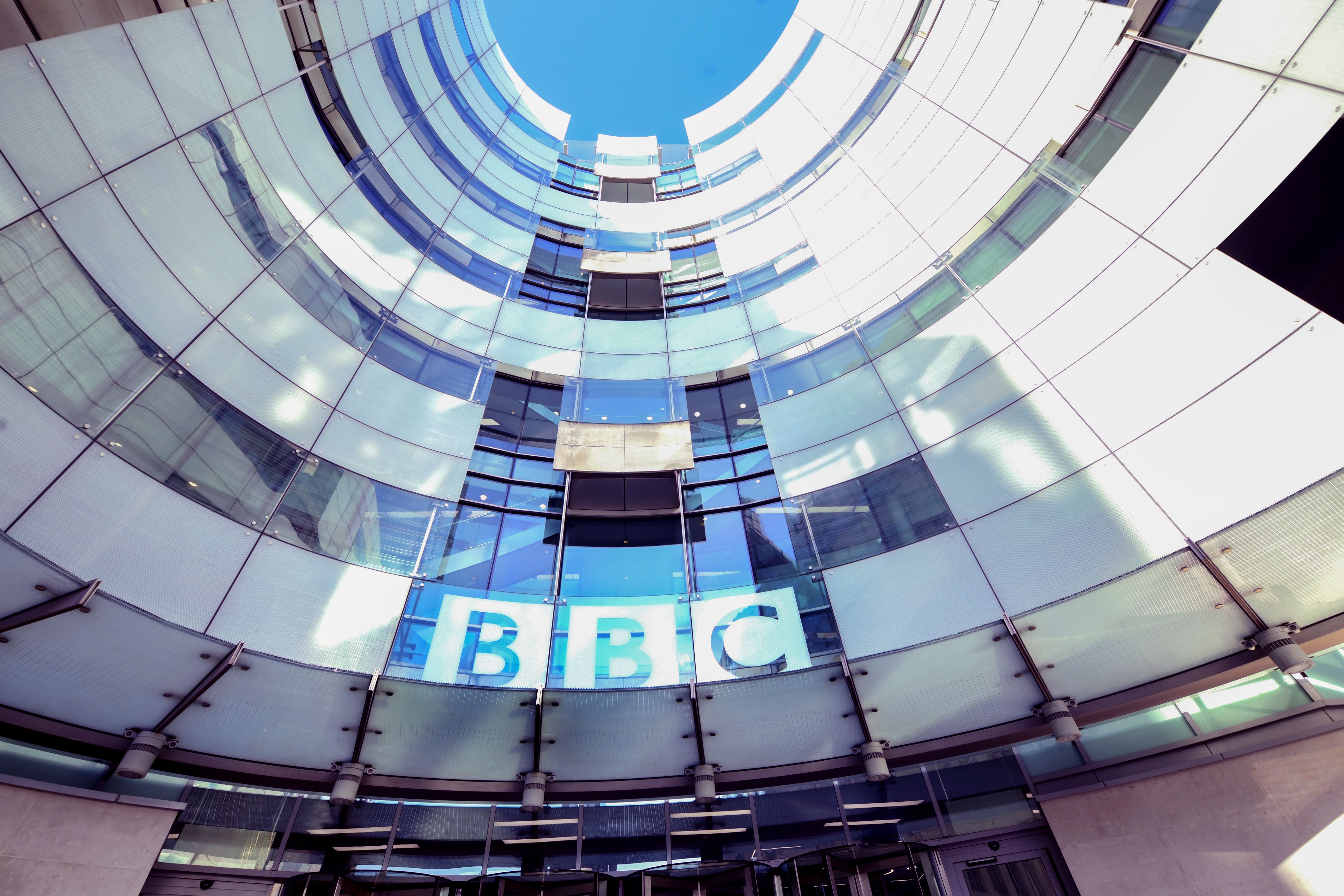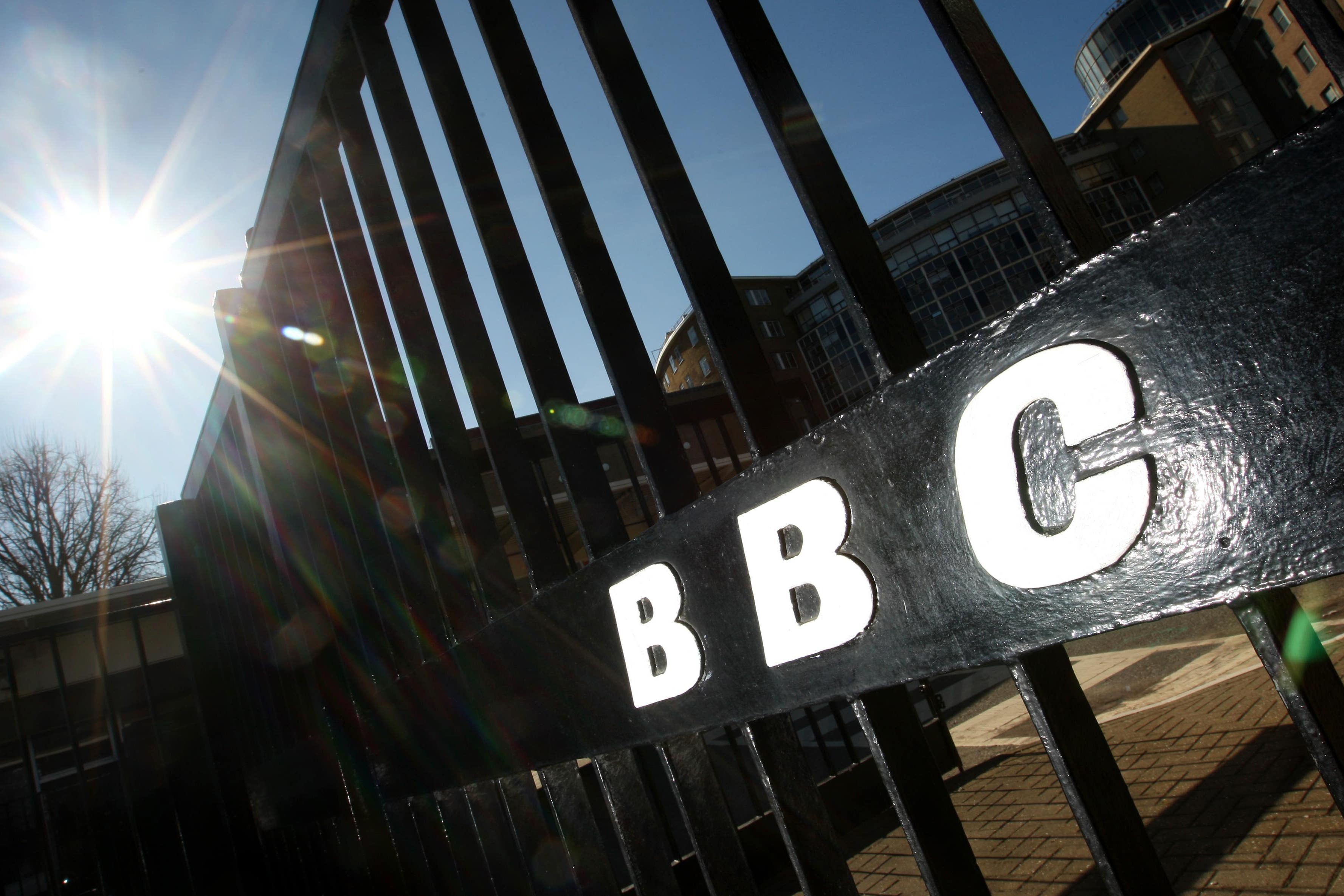BBC faces calls not to axe Black and Asian shows
Fears the move would have a ‘devastating impact’ on Black and Asian employees within the BBC

The BBC is facing mounting calls to abandon reported plans to axe its Black and Asian local radio shows – with warnings that the move will alienate minority audiences.
The corporation plans to reduce the number of weekday shows on each BBC local radio station to two – breakfast and lunchtime programmes – placing all shows that air after 2pm at risk of being cancelled altogether or folded into regional and national programming.
There are currently 39 local radio stations, 12 of which are fronted by Black presenters and the other 12 by Asian broadcasters; any cuts will likely result in job losses.
BBC sources told The Independent that the move would have a “devastating impact” on Black and Asian employees within an organisation that is already failing on diversity from top to bottom, according to its own statistics.
Campaigner Zita Holbourne, the national chair and co-founder of BARAC UK, has launched a petition against the BBC’s plans, warning that this move risks the corporation being in breach of its mandatory commitments to race equality under the public Sector Equality Duty.
“Axing these shows would have a devastating impact on both Black and Brown workers and on audiences and communities for several reasons including the impact on careers, jobs, livelihoods and families of those workers directly impacted,” Ms Holbourne said.
“This comes at a time when we are hit by a cost of living crisis and an economic recession predicted which will have adverse disproportionate impacts on Black workers.
“There is a crucial need for Black, Asian and minoritised people to have a space on the airwaves where we can focus on the things that matter to us and celebrate our cultures.
“Radio programmes are often a lifeline to people who are otherwise alone and isolated, as many have been through the global pandemic.”

The news was reported exclusively by The Guardian last month, which is how many of the affected BBC staff members found out their jobs were at risk.
This comes as BBC executives are due to be questioned over the proposals by the Digital, Culture, Media and Sport Committee next month. The impact of the licence fee freeze and the consequence of inflation are key factors that may have sparked the alleged cuts.
Moreover, BBC executives are reportedly keen to redeploy staff from radio stations with declining audiences to make content for younger online audiences.
Numerous BBC staff members have criticised the move and concerns have been raised internally, it is understood.
“The thing that I think people don’t understand is that if you’re a minority, in any situation, without a voice, where are the triumphs and the troubles amplified?” one BBC source told The Independent. “Then what happens when the Windrush Scandals of this world erupt? Because these programmes are the ones that talked about this before parliament cottoned on.”
For the source, it’s the local shows’ audiences that will be poorer for the proposed cuts.
“The audience loses out in two ways: the kind of service that they get and the opportunity for their community to cut their teeth and nurture careers,” they continue.
“If there are less programmes, those audiences’ children have fewer avenues to enter the profession. There are already just 0.2 per cent of Black journalists in the UK. So how is this going to help improve that figure? Where are those people going to have the opportunity to enter the industry?”
Under the BBC’s new proposals, there will be six regions going forward, instead of the 39 standalone local shows, covering northwest/northeast, Yorkshire and Lincolnshire, Midlands, London and east, south, and southwest.
That Black and Asian shows disproportionately face the chop is indicative of a rigged system at the BBC, it has been argued.
“African, Caribbean and Asian shows don’t have the luxury of being on at six in the morning. They are in the graveyard slots – 6 to 10pm, zones of less profile, while TV shows like Strictly and I’m A Celeb are on,” the same BBC source said.
“Before this happened, staff members were told that the BBC was committed to community programmes. If you want an example of commitment to community programs: why were they taken off air when the Queen died? To quote a listener: either the BBC was scared that they may be negative comments about the Queen or don’t want to give the opportunity for minority groups to wish her well. Which is it?”
In 2019, the BBC was forced to U-turn on its plans to axe the Dotun on Sunday programme – the only Black political talk show on radio or television in the UK – following a public backlash.
This recent saga follows a report from The Sir Lenny Henry Centre for Media Diversity last year which found a “shocking” lack of racial diversity in local and regional newsrooms across the BBC.

Just 6 per cent of the BBC’s Radio News senior leadership across the UK nations were people of colour and only 8 per cent across their entire news and current affairs division irrespective of level, the study revealed.
BBC Alba, the Gaelic language channel, received £22m in funding last year and serves up to 87,000 of the white Scottish population who have Gaelic ability.
Comparatively, the total Black population of the UK is approximately three million and the total current BBC spend on Black-specific programming is less than half a million.
Citing this particular example, media diversity executive Marcus Ryder confirms this appears to be evidence of systemic racism at the BBC.
“Once put in context it is hard to see how super-serving one community that’s almost exclusively white (Gaelic speakers) – while proposing to cut services to UK’s 3m Black people - it seems like the definition of "systemic racism" (even if not ‘deliberately’ racist),” Mr Ryder, Head of External consultancies at the Lenny Henry Centre For Media Diversity, wrote on Twitter.
A BBC spokesperson said: “It is incorrect to report that we are ending all of our Black and Asian community programmes.
“We have outlined proposals for our weekend and afternoon schedules and are currently consulting with staff about this. We hold ourselves to the highest standards when it comes to representation of all backgrounds and diversity is a priority for us.”
Join our commenting forum
Join thought-provoking conversations, follow other Independent readers and see their replies
Comments
Bookmark popover
Removed from bookmarks